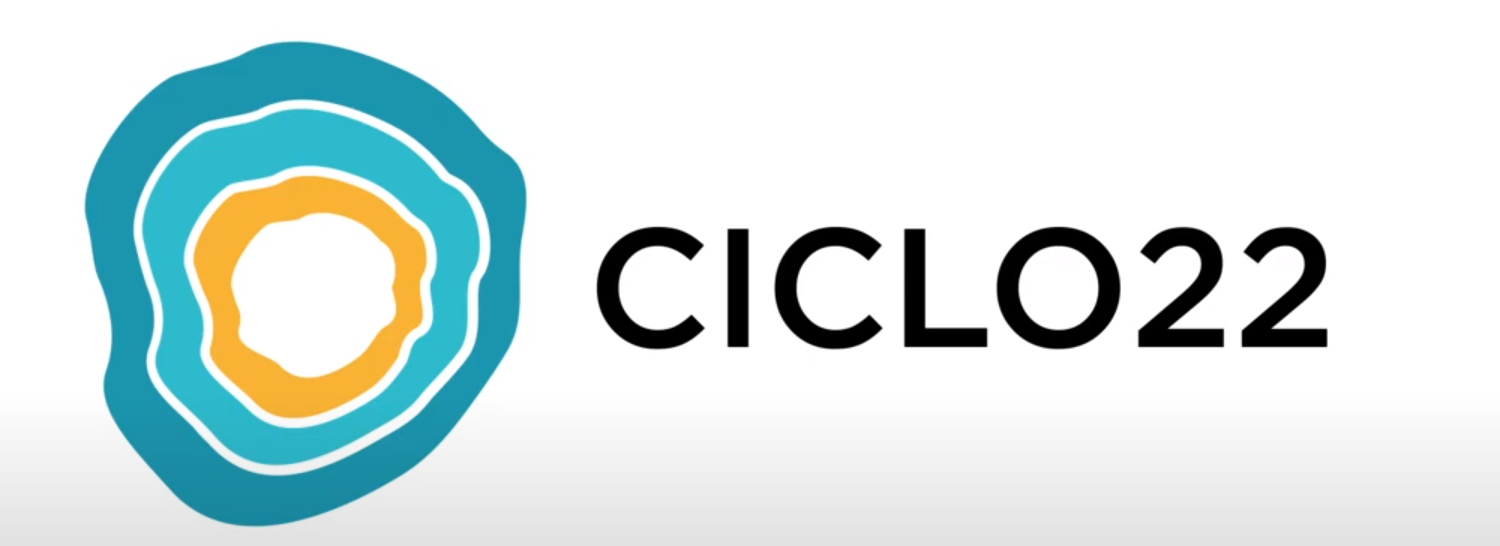Ciclo22: USP’s innovative and multidisciplinary hub project
The University of São Paulo (USP) launched the Ciclo22 (Cycle22) project in an effort to organize USP’s activities surrounding two significant historical dates in Brazilian history: the Brazilian Independence (1822) and the 1922 Modern Art Week (1922). We spoke with Diana Gonçalves Vidal, professor of the School of Education and Ciclo22 coordinator, about the project’s profile, the importance of USP’s scientific production, and what a public university means to society. Learn more about Ciclo22 here.

For Brazilian society, the year 2022 has a special meaning. It marks the 200th anniversary of Brazilian Independence and the hundredth anniversary of one of Brazil’s major art movements, the 1922 Modern Art Week. For that reason, the University of São Paulo decided to create a HUB project that collects all of the output and activities that the university creates in relation to these events, named the Ciclo22 project.
The Ciclo22 is a science outreach-focused project that aims to make USP’s production more accessible to its own community as well as the general public. With many different fronts of action, such as its own website, a series of articles produced specifically by the program, and a podcast called Ciclo22 no Vestibular (which could be translated as Ciclo22 for college application process). Diana Gonçalves Vidal, professor at USP’s School of Education and coordinator of the program, asserts that “despite the small size of our team and our small number of collaborators, the entire initiative has been produced using USP human resources.”
Additionally, the project has expanded in many ways since its first steps. Recently, it issued a collaboration with USP’s Pro-Rectory of Graduation to reward three theses related to the historical episodes covered by Ciclo22. It also established a collaboration with São Paulo’s State Office of Culture and Creative Economy. The Ciclo22 project is distinct from the majority of USP initiatives, according to Professor Vidal, because it is not connected to an institute. “It is the exact opposite: we run through institutes and themes and try to show how they [themes] are related to each other from distinct points of view.” She describes Ciclo22 as a multidisciplinary program, as it encompasses projects from engineering, physics, color analysis, and many other fields of study are all included in its curation.
The program coordinator also emphasizes the objective of the project. “Our goal is to ask what we want to create as a population in the next couple of years and how USP can collaborate with it. Because Ciclo22 is a reflection of USP […] our question is what we, as the University of São Paulo, can offer to Brazilian society”, she explains.
And the commitment of USP in sharing knowledge and promoting accessibility to the arts have been witnessed by the general public. Professor Vidal mentions that solely the exhibition promoted by the Brazilian Studies Institute (IEB), called Era uma vez o moderno (translatable as Once upon a time there was the modern), occupied the Paulista Avenue, one of the main avenues of the city of São Paulo, and attracted over 40 thousand visitors.
“We have produced a lot, discussed a lot, made all these seminars about architecture, arts, literature, and music,” points out the professor. She clarifies, however, that the Ciclo22 program isn’t responsible for creating any reflections; rather, it is a scientific communication program, focused on enhancing the communication between USP’s production and those who benefit from it. “We seek to show the various specialists that USP has in many areas such as environmentalism, sustainability, arts, artificial intelligence, and many other themes. The perspective of Ciclo22 is to socialize and publicize [USP’s productions].”
In terms of internationalization, the program’s range is focused on the worldwide Portuguese-speaking population, which is spread across many different countries and continents. “We have Portuguese speakers in Angola, Mozambique, China, and East Timor, so people spread everywhere speak Portuguese, and I believe we can reach out to this population as we have seen in our content cluster stats,” pointed out the professor.
When considering the trademark of the Ciclo22 project, Professor Vidal says that it is a trademark of USP as it “not only promotes the knowledge of USP, but it shares the same foundational tripod of the University, which is based upon teaching, culture, and extension.” And she takes pride in the success of the initiative and in the execution of all its activities. “It is USP cherishing itself through its own human resources, and to me, that is the beauty in Ciclo22.”
You can find out more about Ciclo22 on their official webpage and at their Instagram, Twitter, and YouTube accounts.
This article was written by Filipe Albessu Narciso, and reviewed by Raissa Costa, interns at USP International Office.
